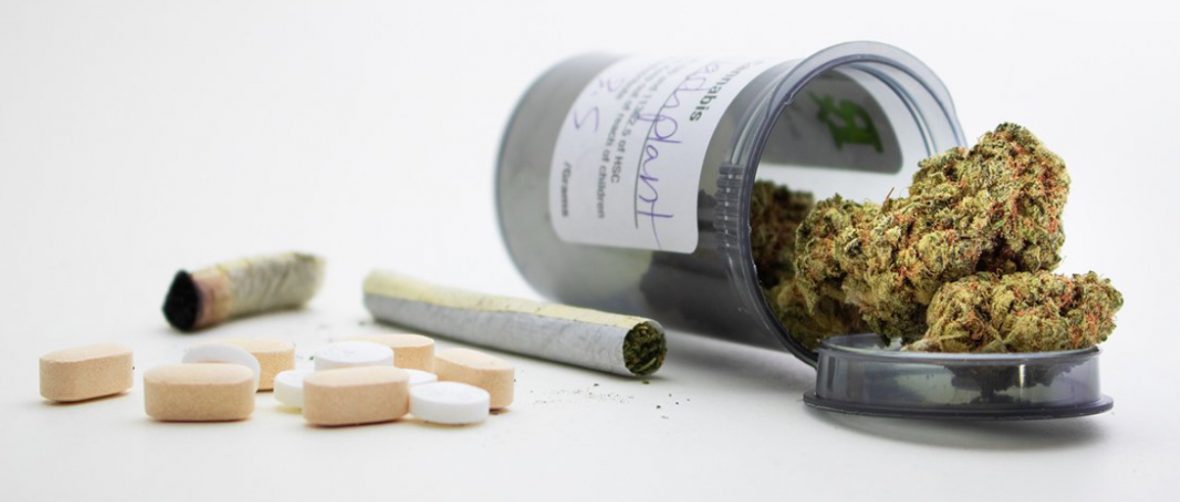According to a new research paper published by researchers at the University of Massachusetts in the journal Science Daily, the expansion of cannabis law reform has already helped decrease heroin and fentanyl deaths significantly. In states where adult-use cannabis consumption is legal, the researchers reported a 20 to 35 percent drop in opioid mortality.
Working with data collected at the end of 2017, UMass researchers dissected piles of data from eight states with operational recreational cannabis dispensaries. The scientists then compared the states’ opioid mortality rates during the final years of cannabis prohibition to the same rate after cannabis sales began. In every instance, the legal weed states saw a dip in opioid deaths once dispensary doors opened to the public.
“Recreational marijuana laws affect a much larger population than medical marijuana laws, yet we know relatively little about their effects,” study co-author Nathan W. Chan, a PhD at the University of Massachusetts Amherst, wrote. “Focusing on the recent wave of recreational marijuana laws in the US, we find that opioid mortality rates drop when recreational marijuana becomes widely available via dispensaries.”
Across both adult-use and medical cannabis industries, marijuana is considered a significantly more benign replacement for narcotic painkillers, with prescribed opioid users and recreational drug users alike turning to marijuana to substitute the likes of oxycodone, heroin, and fentanyl. For professor Chan, the new data suggests that legal marijuana could help stop pain patients from using opioid medications in the first place.
“’It’s speculative, but we’re thinking that there are a few reasons people use marijuana: recreationally and for pain management,” Dr. Chan told the Daily Mail. “What might be going on is that people who experience pain and are sort of self-medicating through marijuana take away the pain they’re suffering and won’t go toward synthetic opioids in the first place.”
But while Chan and his co-authors were encouraged by the potential connection between recreational cannabis and decreased opioid deaths, other recent studies have reported entirely different findings, adding pause to any direct causal claims from the UMass research. In a Stanford University study published earlier this summer, researchers found an increase in opioid deaths in states that had passed medical marijuana laws.
As America continues to embrace cannabis while simultaneously fighting the nation’s deadliest drug addiction epidemic, research will continue to try and pin down a positive or negative correlation between the two drugs. If we are really going to get rid of our societal dependence on pain meds, cannabis could certainly help. But more importantly, it is going to take a complete overhaul of our addiction treatment, harm reduction, and substance abuse protocols to focus on patient care instead of criminalization.

